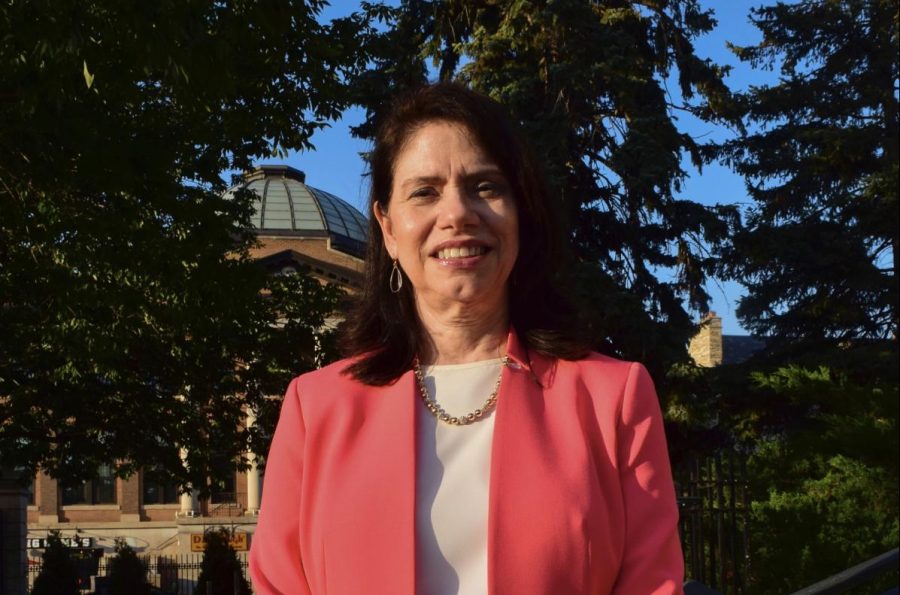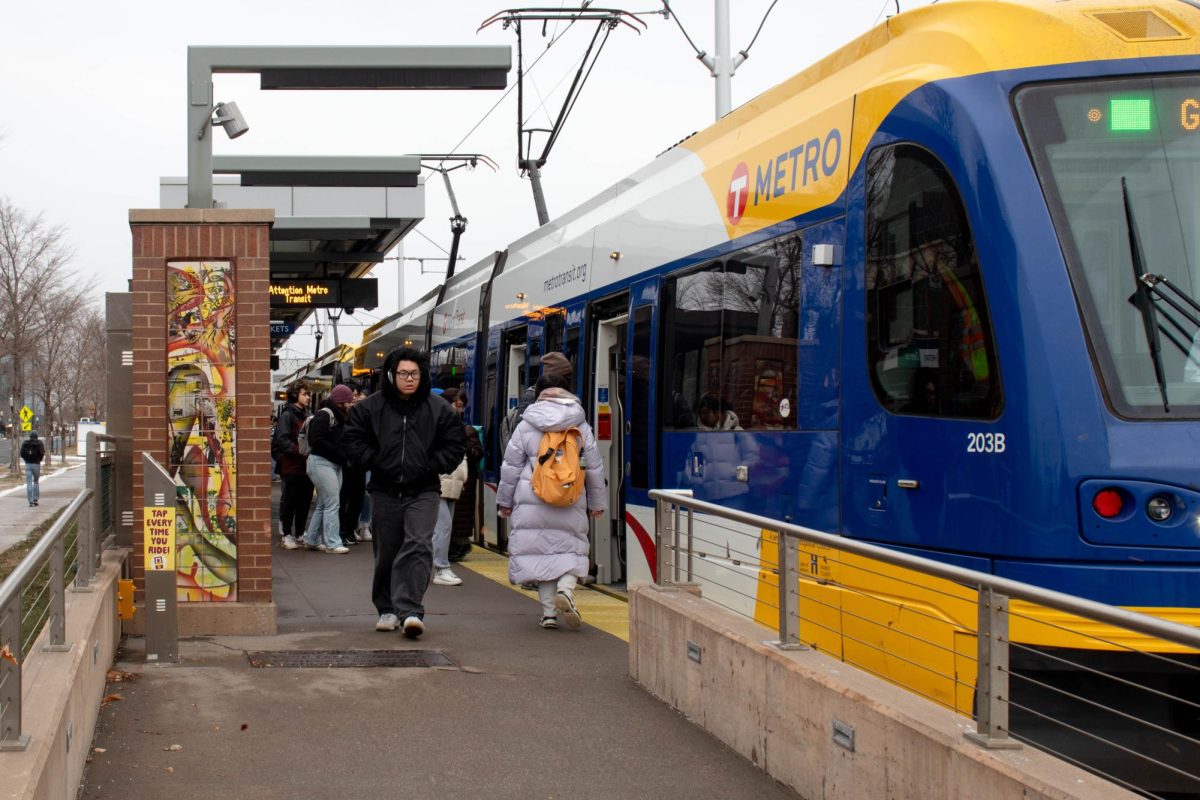Citing a lack of culturally-appropriate spaces, community leaders in Cedar-Riverside are seeking to establish a women-only recreation space in the neighborhood.
The Minneapolis Health Department met with community members at the Brian Coyle Center on Oct. 29 to examine community feedback and discuss options for such a space. The project comes after several years of work by the health department to address health and fitness barriers in the Cedar-Riverside neighborhood, said Sarah Stewart, an active living coordinator at the health department.
Over time, community members and the health department staff heard that women in the neighborhood needed a space to exercise. Ifrah Hashi, a public health specialist and East African liaison for healthy living with the health department, said many East African and Muslim girls feel they don’t have any ownership over the currently-available spaces.
“We are trying to address chronic illnesses, we’re trying to address ways that we can promote people to be more physically active,” Hashi said. “If this space is available and it’s culturally and religiously sensitive, it would encourage more girls and women to participate and be physically active.”
As of now, Hashi said, many Muslim and East African women in the community are limited to going to physical spaces, such as gyms, when there are women-only hours or when they wear their hijab and modest clothing if men are present.
The health department grant-funded project is still in its early stages. However, Stewart and Hashi have been holding monthly meetings like the one last month to garner feedback from residents and community leaders. Leaders from organizations like the Sisterhood Boutique, the Immigrant Women’s Advocacy Project and Mixed Blood Theatre have attended to discuss what the space could look like and where it would be.
Keri Clifton, the chief engagement officer at Mixed Blood, said she met Stewart and Hashi about a year ago for Mixed Blood’s own Project 154, which hosts monthly storytelling sessions by residents in the neighborhood. Through the project, Clifton learned more about the need for a women’s space.
“I guess that we are participating because we believe that through participation in health-related activities, you help create a healthier community,” Clifton said. “Our goal is to support the neighborhood in creating a healthy space.”
Clifton said the project is a part of Mixed Blood’s effort to be a good neighbor. She plans to attend the next meeting before a project report is released in mid-December. While Mixed Blood could be a potential host for a women’s space, it could not sustain one long term, she said.
“I just hope that eventually we can find resources and space to support women in the neighborhood,” Clifton said. “For … physical activity and their general wellness and well-being.”
A report on the project’s findings and community needs is expected to be released on Dec. 20.
Correction: A previous version of this article misidentified one of the organizations working on the project. The Minneapolis Health Department is involved with the project.













